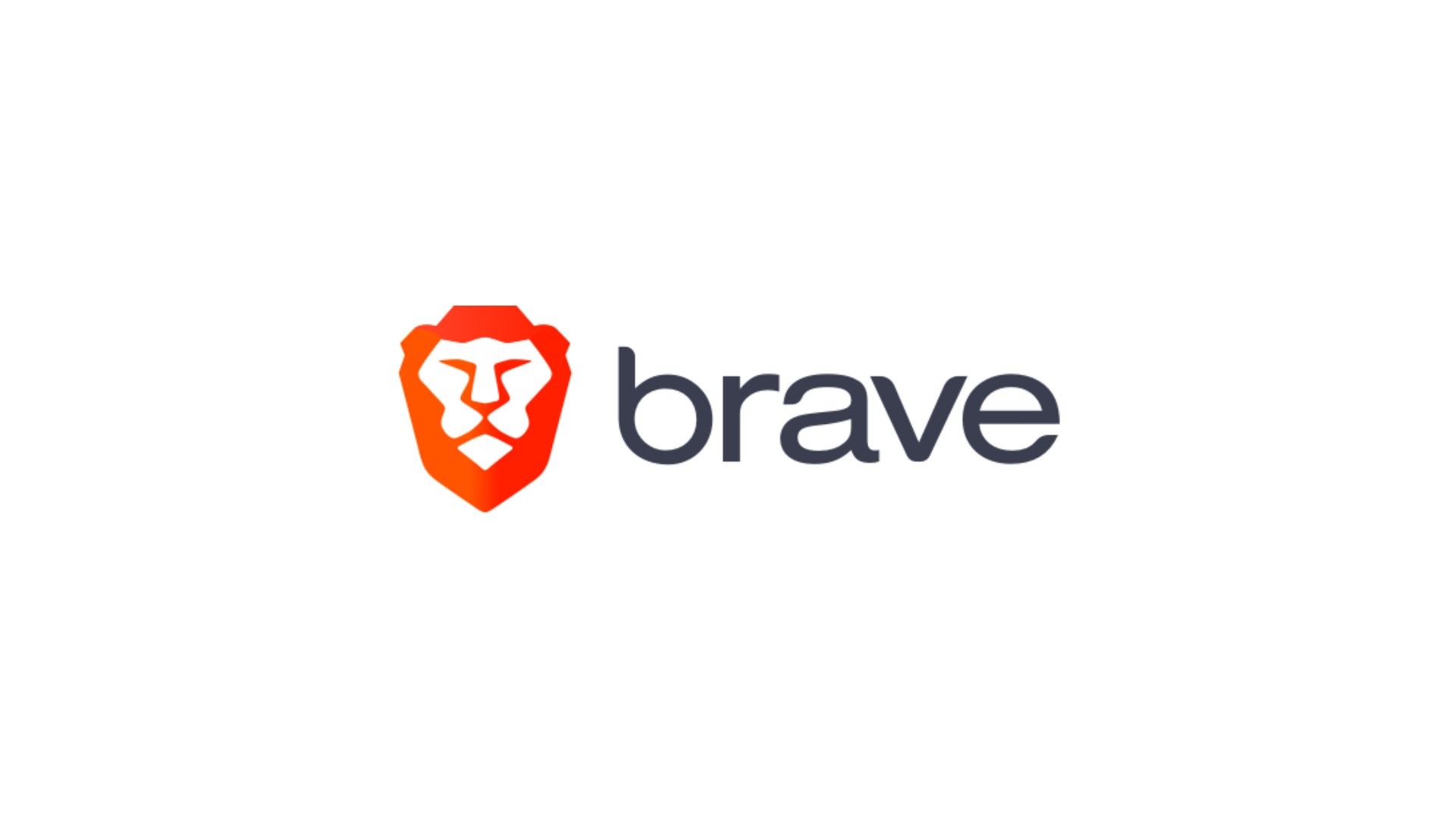Affiliate links on Android Authority may earn us a commission. Learn more.
Is the Brave browser safe?
Published onSeptember 13, 2023

If you visit their website, the developers of the Brave web browser make a lot of bold claims about privacy and security. But is there any truth to them, especially given that companies like Apple, Google, and Mozilla like to say similar things?
JUMP TO KEY SECTIONS
Is the Brave browser safe?

Generally speaking, yes. It’s based on Chromium, the same open-source framework underlying Google Chrome and some other browsers, so any security improvements in the Chromium world should quickly migrate to Brave.
Brave goes a step further though, blocking invasive ads and tracking cookies by default. It even claims to prevent “fingerprinting” — that is, cookieless tracking — as well as bounce/redirect tracking, which tries to bypass restrictions against third-party cookies by using intermediary links. If you’re willing to sacrifice speed and convenience for maximum privacy, there’s a Tor mode built in.
There’s also a cryptocurrency Wallet feature, which might prompt concerns that Brave is trying to foist tokens or NFTs on you, like its own Basic Attention Token that’s a part of Brave Rewards for viewing ads (more on that below). But the Wallet has to be manually enabled, so you can largely avoid this content.
Actually, a related controversy did emerge in 2020. Brave was discovered automatically redirecting URLs from Binance to affiliate links, and CEO Brendan Eich was forced to both explain the situation (claiming it was an autocomplete issue involving being a Binance affiliate partner) and promise corrections. No further controversies seem to have emerged.
Does the Brave browser collect data?
The brief affiliate controversy aside, no. Brave says it complies with laws such as the California Consumer Privacy Act and the European Union’s General Data Protection Regulation, and it even fought Google in 2019 on an alleged practice of circumventing GDPR rules.
If you participate in Brave Rewards, any ads you view are sourced from the Brave Private Ads network. You have to choose to view them, and Brave insists that they’re “privacy-protecting.”
Is the Brave browser safer than Chrome?
Chrome isn’t fundamentally unsafe — both Brave and Chrome have safeguards against malware and phishing, for example. But if you’re worried about tracking, Brave is obviously the better choice, since anti-tracking tools are included and activated by default.
Google depends on advertising to make a profit. So while it needs to keep users reasonably safe, it doesn’t block most commercial tracking mechanisms, at least without extensions. If you search for engagement rings using Chrome, don’t be surprised if you start getting ads for various wedding-related services.